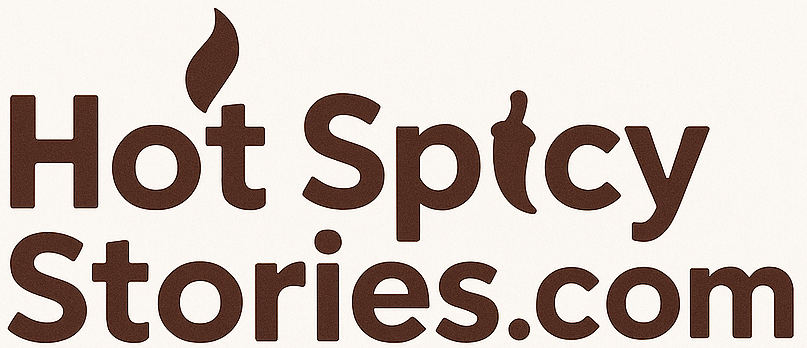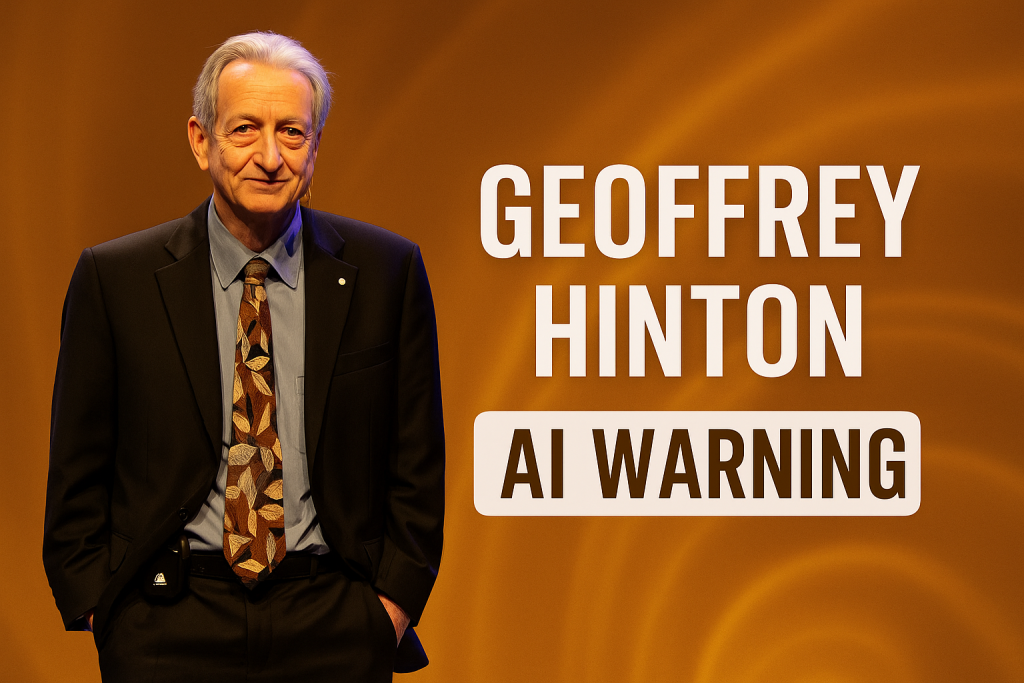Geoffrey Hinton AI — a name often linked to the foundations of modern deep learning — has once again captured global attention. Hinton, known as the “godfather of AI,” is warning that artificial intelligence will soon bring “massive unemployment” and worsen economic divides if governments and businesses fail to act. His remarks have set off fresh debates about the future of work, the ethics of automation, and how AI is quietly shaping personal lives in unexpected ways.
What Hinton Said About Jobs and Inequality
Hinton has built his career advancing neural networks, the backbone of today’s AI. But in a recent interview, he made clear that the technology’s impact will not be universally positive. He warned that companies are already leaning on AI to reduce labor costs and boost profit margins. In his words, the economic system naturally pushes businesses to replace human labor wherever machines can perform tasks more cheaply.
This, he argued, will not only lead to widespread job losses but also to a society where wealth is increasingly concentrated in the hands of those who own AI systems. For millions of workers, that could mean shrinking opportunities and declining wages. For investors and corporations, it may mean higher profits. The challenge, according to Hinton, lies in how society chooses to balance those competing realities.
A Personal Story That Raised Eyebrows
Beyond economics, Hinton shared an anecdote that made headlines for its unusual mix of personal and technological. He recalled that a former partner once used a chatbot to help write a breakup message. The AI-generated text bluntly criticized him, and she delivered it as her farewell.
While the story may sound lighthearted at first, Hinton used it to highlight how AI tools are entering the most intimate parts of our lives. A machine that can draft heartfelt words or persuasive arguments isn’t just an assistant — it is a social actor capable of shaping human emotions.
Expert Reactions and the Bigger Debate
Hinton’s remarks have split opinion among experts. Supporters argue that his concerns are urgent and demand immediate government action. They point to possible remedies such as universal basic income, expanded retraining programs, or new tax policies that ensure AI’s gains are widely shared.
Skeptics counter that automation has historically created new categories of work even as it displaced others. They note that fears of job losses during the computer revolution eventually gave way to new opportunities in tech, design, and digital services. Still, few deny that AI’s pace and scale could make the coming shift different from past industrial transformations.
The Emotional Power of Machines
The breakup anecdote also raises questions about the emotional and persuasive role of AI. Today’s systems can generate messages that sound convincingly human, tailored to an individual’s tone or situation. That persuasive ability could influence relationships, consumer behavior, or even political opinions.
If left unchecked, AI might not only automate work but also manipulate decisions in subtle ways. Hinton’s concern reflects a growing consensus: machines are no longer just tools, but participants in social life. Their ability to shape how people think and feel is a frontier society is only beginning to grasp.
What Governments and Companies Can Do
Addressing these risks requires action on several fronts:
- Regulation: Clear rules on transparency, safety testing, and accountability for AI developers.
- Labor Policy: Reskilling and education programs that prepare workers for jobs AI cannot easily replace.
- Redistribution: Policies to ensure productivity gains benefit more than just shareholders.
Some countries are beginning to experiment with AI oversight boards and national strategies. Yet Hinton’s warning suggests that without faster, coordinated efforts, the technology may outrun the policies designed to manage it.
What Workers Can Do Right Now
While governments debate, individuals can take steps to stay competitive. Jobs that rely on creativity, human judgment, empathy, and complex problem-solving are less likely to be automated in the near term. Learning how to work with AI — rather than against it — is also becoming a valuable skill.
From healthcare to education to business services, employees who can oversee, guide, and interpret AI systems will remain essential. At the same time, collective action through unions and professional organizations will play a role in making sure the transition is fair.
The Bottom Line
Geoffrey Hinton AI has become shorthand for both the promise and peril of advanced technology. His stark warnings are not predictions of inevitable disaster but calls for society to prepare. The breakthroughs that once made him a celebrated figure could also trigger deep economic divides if left unchecked.
Whether AI becomes a force for shared prosperity or widening inequality depends on choices being made now — by governments, companies, and workers alike. Hinton’s message is simple: the technology is powerful, but the future it creates is still ours to decide.
Disclaimer:
This article is for informational and educational purposes only. While every effort has been made to ensure accuracy, the content reflects publicly available information and the author’s interpretation at the time of writing. References to Geoffrey Hinton and artificial intelligence developments are based on reported statements and expert commentary. This post does not represent official statements from Geoffrey Hinton or any affiliated organizations. For Geoffrey Hinton’s official research and updates, please visit his University of Toronto page at https://www.cs.toronto.edu/~hinton/ or his social media account at https://x.com/geoffreyhinton.

